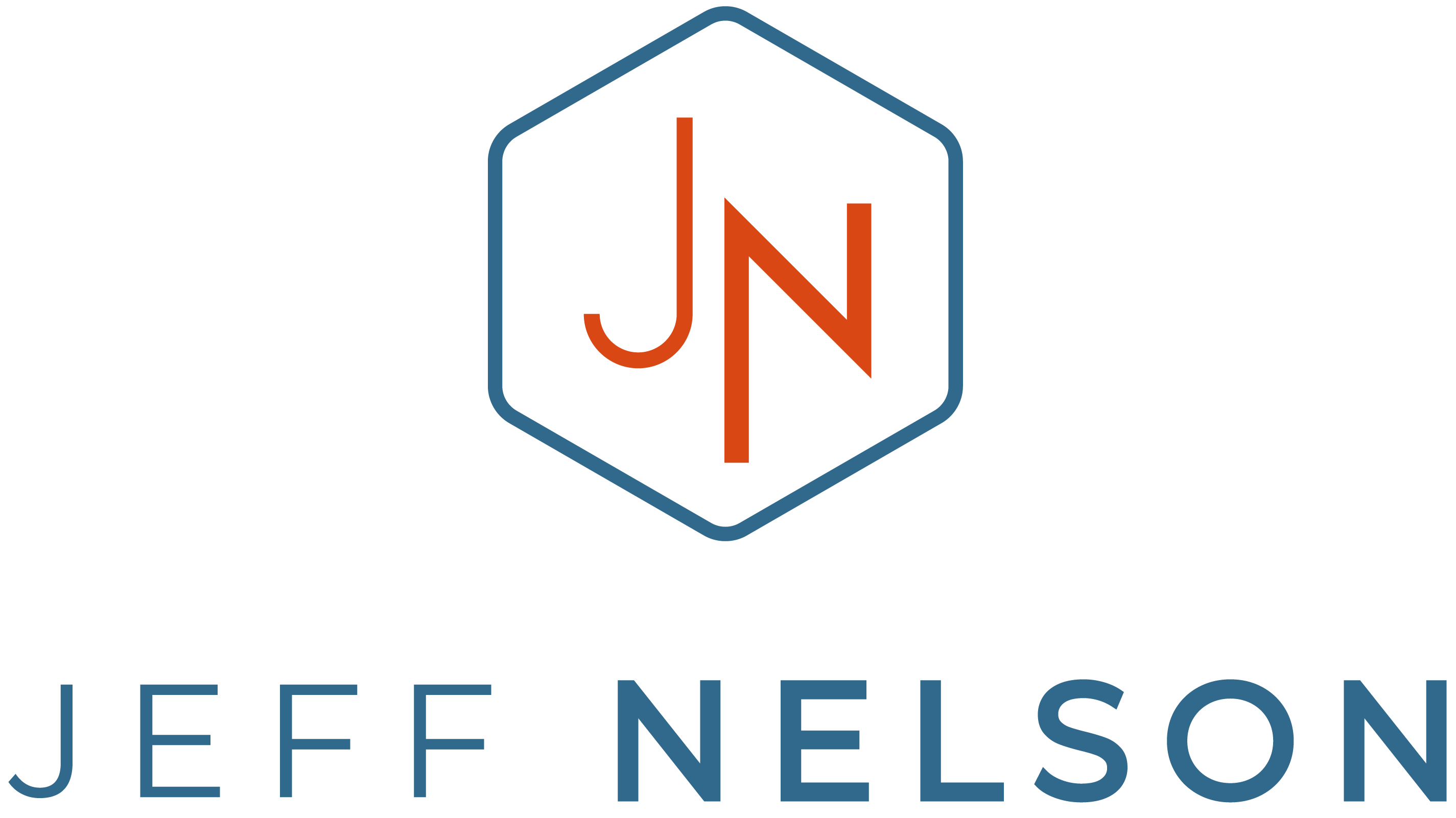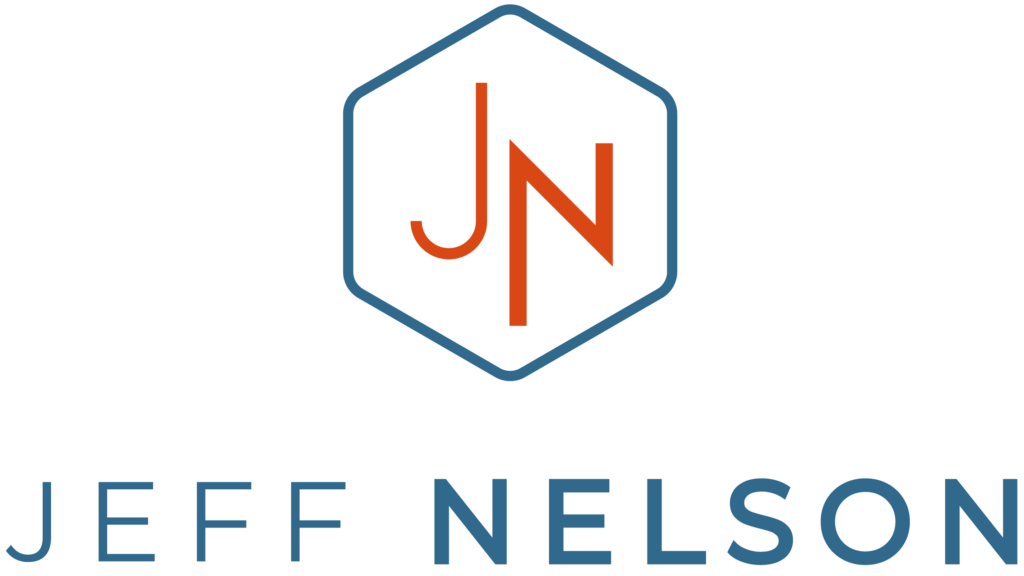How does Blockchain work for your business, you ask? We’ll recently the use of Blockchain has gained traction because it has the potential to streamline activities and increase efficiency. In this blog, I’m going to look at what blockchain is and what blockchain for business is, and how you can implement it to improve your company, streamline operations and gain more customers.
The benefits of utilizing blockchain for your business are manyfold. Some people only focus on smart contracts and the transparency and efficiency they can bring, but there are other uses that will enhance your business. Implementing a Blockchain for business strategy is not all that difficult and there are many consultants and guides that can steer you in the right direction. Let’s cover some basics first off.
Table of Contents
How Does Blockchain for Business Work?
Make Faster and Cheaper Payment
Understand Your Customers Better
Better Supply Chain Management
Steps for Implementing Blockchain for Business
Select a Blockchain for Business Platform
Building and Testing Blockchain Solution
Onboarding Partners and Integration
Factors to Consider When Implementing Blockchain for Business
Take Failure as a Learning Opportunity
What are the Common Challenges to a Blockchain Implementation?
What is Blockchain?
To put it in simple terms, it’s a technology that’s used to track who owns by use of a digital ledger and thus makes it impossible to change or alter the records. It’s important to note that anyone who wants to view the records can do so because they are easily verifiable. Moreover, the records are decentralized meaning you can share data with different computers within a network.
How Does Blockchain for Business Work?
Blockchain for business comes in handy in sharing information securely which fosters relationships and helps businesses to grow. Blockchain is appealing because it can be used across all industries. It offers a wide range of benefits based on four attributes:
Consensus: Records are only updated when all the relevant parties are involved.
Replication: Once a record has been confirmed, it is updated for all the involved parties to view.
Immutability: This makes it impossible to alter or delete digital blocks which builds trust. Only more blocks can be added.
Security: Only authorized persons can access or add new blocks.
Nowadays, more and more applications are being built using Blockchain. Here are a few ways Blockchain for business can impact your organization:
Use Smart Contracts
Smart contracts work like traditional contracts but unlike the latter, the terms of the contract are written within the code. The code and the terms of the contract are decentralized which means they can be shared with any computer. Smart contracts outline the expectations of the parties contained therein. Moreover, the contracts are executed with no downtime and no outside interference.
A smart contract is an effective way to ensure you receive payment after you deliver the end of your bargain as outlined in the terms of the agreement. Additionally, you’ll receive back your goods if the other party opts out of the deal. Smart contracts are one of the offerings of blockchain for business which ensures you don’t lose your money in a deal especially when you’re dealing with stubborn or new clients.
Hire Better People
Hiring the right people translates into the success or failure of any business. Choosing the right caliber of talent is the only sure way to ensure your business experiences growth. Hiring is a resource-intensive undertaking, a luxury that many business owners don’t have at their disposal.
Many job seekers tweak their resumes and often oversell themselves to land their target job. They take on this approach because they know that the business owner doesn’t have adequate time to verify the authenticity of their documents.
Blockchain for business has changed this by providing tools that enable employers access to academic, extracurricular activities, past employment, and references which are stored in a digital ledger which makes it impossible to alter the records. You can then access this data whenever you have a vacancy to find the right candidate to fill the role. This reduces the amount of time and money you use when searching for candidates using traditional hiring methods.
Make Faster and Cheaper Payment
Blockchain first started as a cryptocurrency and hence its suitability as a preferred payment method. Paying using Blockchain for business is especially appealing when paying remote contractors in a short time without the associated hefty fees of the traditional banks.
Also, paying workers through Blockchain ensures you have digital records of the transactions which makes for easy decision making and keeping track of your cash flows which means you’ll also be ready when filing taxes.
Understand Your Customers Better
Blockchain for business provides valuable customer information which is stored in a digital format. It helps to quickly verify who the customer is and also reduces the chances of identity theft, phishing, and other types of cyber security issues.
As with any information stored on Blockchain, customer IDs cannot be changed which gives them complete control over what they can do with it. Customer information also helps you identify what areas to concentrate your efforts and the areas where you need to stop investing entirely.
Improve Your Marketing Game
If you want to keep up with your competition or even rise above them, then implementing a good marketing campaign is key. It lets existing and potential customers what you’re offering provides information about new products and or services, and lets them know what sets your products apart from those offered by competitors within the same industry.
Blockchain for business allows business owners to keep track of their different marketing strategies and provides valuable information on how customers are responding to the campaigns. They can then identify areas of improvement and strategies which are doing better and concentrate effort there.
Moreover, Blockchain enables marketers to identify whether the traffic is organic or not. If it is, then you know you’ll get a higher return on your investment because it’s a long-term marketing strategy.
Better Supply Chain Management
Blockchain protects the business owner’s investment because it enables them to identify who the supplier is especially if they are unfamiliar with each other. It especially comes in handy when a business has different suppliers. This means that if there is a defect with one of the products, then it’s easier to track where it’s coming from and possibly return it.
Steps for Implementing Blockchain for Business
Now that we’ve covered some of the advantages of using Blockchain for business, let’s delve into how you can implement this powerful technology.
Identify a Use-Case
This is the first and arguably the most important step for implementing Blockchain for business. Start by defining the problem(s) and the desired outcomes when you use Blockchain. It’s recommended to start slowly as you build your way up. It also helps to implement Blockchain in small use-cases as you run tests and improve on them.
Develop a Proof of Concept
Once you’ve defined the problem and identified how Blockchain for business can impact your organization, then you can move on to the proof of concept. Simply put, a proof of concept is a process of identifying the potential and whether Blockchain will work for your organization.
POC begins with a series of questions that help with developing the POC. Answering these questions will help you move on to the next step of implementing the POC which will save you time because you know the direction you want to take. It involves the following steps:
- Laying guidelines that define the direction to take the project
- Prototyping
- Minimum viable product and should contain minimum best features
Select a Blockchain for Business Platform
Not all Blockchain are created equal. It’s therefore important to familiarize yourself with the different options and choose one that has been proven to work effectively based on your industry. Some of the factors to consider are the technical support and whether or not they run a blog.
Blockchain as a Service
If you’re going to use Blockchain for business, then you should consider choosing a service provider to save yourself the hassle of implementation and save on resources of time and money. Outsourcing Blockchain implementation ensures you get the correct experts and you’ll receive solutions especially tailor-made for you.
Some of the options here are:
- Amazon Web Services( AWS)
- Microsoft Azure
- Oracle
If you are a small or medium-sized business, then we would recommend Amazon Web services which offer a pay-as-you-go subscription model which saves time while deploying because it uses pre-developed templates. SMBs can also use Microsoft Azure.
If you own a large business, your best option is to use Oracle Blockchain.
Building and Testing Blockchain Solution
If it’s your first time implementing a Blockchain for business solution, you should consider these two factors:
- Technology consensus which is a measure of the security and features the Blockchain offers
- Technology breath means it supports multi-platform and multi-user platforms.
Onboarding Partners and Integration
A successful Blockchain for business implementation should involve all the parties to the business including customers and suppliers. It’s important to avoid the allure of forgetting about other legacy systems which are equally as important and integrate them into the new system.
Moreover, there will be times when you’ll have to deal with businesses that aren’t using Blockchain which means that you will have to continuously integrate it with other offerings to continue doing business with such entities. You may end up getting new business if they choose to try your prototype.
Operate and Manage the Network in Production
It’s possible to build a block entirely on your own but you should ensure it interacts with other blocks within the chain. You should also ensure that you have a secondary connection to enable the Blockchain to receive information. Thus comes a cryptocurrency that will harness the required power to facilitate the exchange of information.
Deployment
The last step involves deploying an application on the Blockchain network.
Factors to Consider When Implementing Blockchain for Business
Here are a few things to have at the back of your mind when implementing Blockchain:
Make it Work
If you want to have a Blockchain solution that works seamlessly, then you have to test it completely. This helps you identify if it’s working ideally and if there are areas that need improvement.
Take Failure as a Learning Opportunity
All the components may not work ideally as they should. It’s therefore important to keep a log of the failures and misgivings which you can use as a reference as you perfect the system.
However, it’s important to keep it simple. Perfect makes perfect in this situation and use each mistake as an opportunity to learn your new system.
Stay on Course
Always remember the goal you had in mind when considering a Blockchain for business implementation. This will help you stay on track and come back in case you lose the way. It may also help to have your customers at the back of your mind. Do not forget your primary target should be to improve the system rather than change it.
Prepare for the Future
It’s also important to anticipate your future business needs as you implement a Blockchain solution. You should ensure that it will accommodate your needs and those of your partners when the business expands.
Moreover, technology keeps on changing and it’s therefore important to understand whether your preferred Blockchain platform will accommodate these changes. If not, you should consider looking elsewhere.
What are the Common Challenges to a Blockchain Implementation?
As with any system implementation, it’s not uncommon to encounter some challenges when implementing Blockchain for business. Some of the common ones include:
Inefficient System
If the system isn’t working efficiently, then it will most likely break down. If your Blockchain solution keeps on acting up, you may end up losing customers.
A Difficult User Interface
User interfaces should be simple to use and intuitive. If that’s not the case, then employees and other partners in the business may resist the new system which means you’ll have wasted money implementing the Blockchain solution.
Overly Expensive
A new system will cost you an arm and a leg. Making changes to the system may end up costing more. If you’re a small or medium-sized business, you may find it difficult to raise the required funds. The best approach would be to use a pay-as-you-go platform or partner with bigger businesses.
Not Growing
The needs of a business and those of its partners keep changing. Your Blockchain solution should therefore not be rigid and accommodate these changing needs. If this is not the case, you should consider changing your service provider.
You may also be interested in reading What Can A Fractional CTO Do For Your Startup?
Conclusion
We cannot downplay the value that Blockchain for business and the associated technologies provide to small and large businesses alike. It’s evident that we’ve not seen the end to this Blockchain takeover and in the coming years, we are likely to see the incorporation of Blockchain in all business activities. If you’re a business owner, you should leverage Blockchain for business to increase efficiency and streamline your business processes.
About the Author
Jeff Nelson AKA “the Relatable CTO”; has helped countless people leverage technology to better human productivity and help them achieve their goals.
Jeff is the Co-Founder and Chief Technology Officer of Blavity Inc, the leading company for Black culture and millennials, and the Founder and CEO of Cinchapi Inc., a real-time software platform for data discovery, analytics, and automation. His companies have combined to raise over $13 million in venture funding, generated millions in recurring revenue, and created dozens of jobs for women and underrepresented people.
Jeff’s expertise as a technical architect, software expert, and serial entrepreneur helps him drive innovation in technology, business, culture, and public policy. His technology consulting and software development expertise to create elegant solutions to complex problems using the latest technology, such as creatively harnessing the power of human and machine intelligence to make it easier for people to connect, work and thrive.
Jeff currently resides in Atlanta Ga with his family. In his spare time, he’s working on a new work -life-framework called High Intensity Interval Productivity (HIIP). He enjoys playing golf and watching baseball while occasionally dabbling in interior design. Jeff has a B.S. in Computer Science from Washington University in St. Louis.








